ECJ Case: VAT Treatment of Loyalty Points vs Vouchers
-6wv5h5eyyd.webp)
The ECJ case of Lyko Operations AB and the Swedish Tax Authority revolves around the interpretation of the concept of a voucher under the EU VAT Directive. As part of the Court procedure, the Attorney General (AG) issued an opinion bringing a new perspective on the VAT treatment of loyalty programs, and how they differ from discounts.
Fact of the Case and AG's Opinion
Lyko Operations AB is a Swedish-based company that sells hair care and beauty products both in-store and online, and intends to introduce a customer loyalty program. The company sought clarification on its VAT treatment through a tax ruling from the Revenue Law Commission. The pivotal point of dispute between the company and the Tax Authority is a customer loyalty programme, where customers receive the right to claim additional goods from the company depending on the extent of their previous purchases.
The key question in this case is whether such a right qualifies as a voucher within the meaning of the EU VAT Directive, which would affect the VAT treatment. If the answer is affirmative, the Supreme Administrative Court, which referred the question to the ECJ, seeks clarification on how the taxable amount should be calculated in such situations.
The AG emphasized that, under EU VAT rules, an instrument must meet specific cumulative conditions to qualify as a voucher. The first one is that the goods or supplier must be identifiable. Under the second condition, there must be an obligation to accept the instrument as consideration for a supply of goods. After examining all the merits of the case, the AG concluded that the company met the first condition. In contrast, the second condition was not fulfilled because Lyko is not obliged to provide a reward solely based on points.
Moreover, the point can only be connected with a subsequent purchase, meaning it does not create an independent obligation for the company. This means that points only allow customers to benefit from a discount on future purchases rather than constituting a voucher under EU VAT rules. Additionally, the taxable amount should only reflect the price paid by the customer during redemption, as the points do not carry independent value.
Conclusion
Ultimately, the AG concluded that Lyko’s loyalty points system does not meet the definition of vouchers under the EU VAT Directive and, thus, should be considered a discount mechanism instead. While this opinion is important, the final decision in this case remains with the ECJ.
Therefore, until the final decision is issued, AG's opinion should be taken only as an interpretation of EU VAT legislation, not as a rule. However, if upheld by the ECJ, the opinion could provide much-needed clarity across the EU, ensuring that loyalty programmes are treated consistently and in line with their actual economic nature.
Source: Deloitte, ECJ Case C-436/24

Featured Insights

Nigeria VAT Compliance: TaxPro Max Explained
🕝 March 3, 2026More News from Europe
Get real-time updates and developments from around the world, keeping you informed and prepared.

EU Law Primacy in VAT: ECJ Rules on Hungarian National Practice

Appstore VAT Ruling: Who owns your In-App Purchase tax? C-101/24

VAT Treatment of EU-Funded Projects for Non-Profit Associations

Right to Deduct VAT on Fixed Asset Reconstruction: Court Ruling
-7xsxxoypnx.webp)
Italy’s EUR 1 Billion VAT Dispute with Meta, X, and LinkedIn Explained
-l0zcrrzvhb.webp)
EU 5% Digital Service Tax Could Generate EUR 37.5 Billion: CEPS Study

Restrictions on VAT Deduction: Key Legal Cases & Compliance Insights
-qsozqjwle2.webp)
EU Parliament Approves ViDA: VAT Reforms & Digital Tax Compliance

-e9lcpxl5nq.webp)




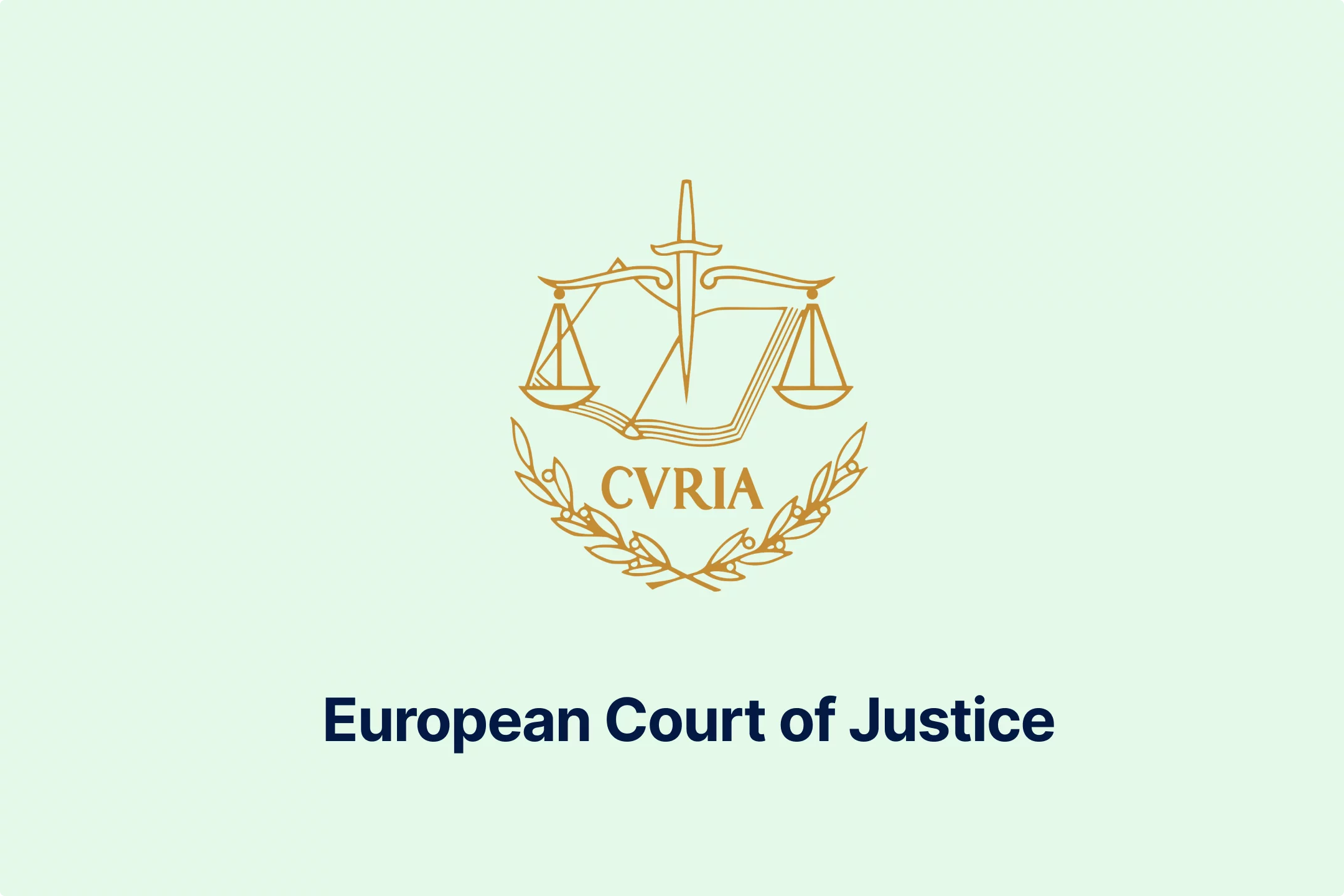
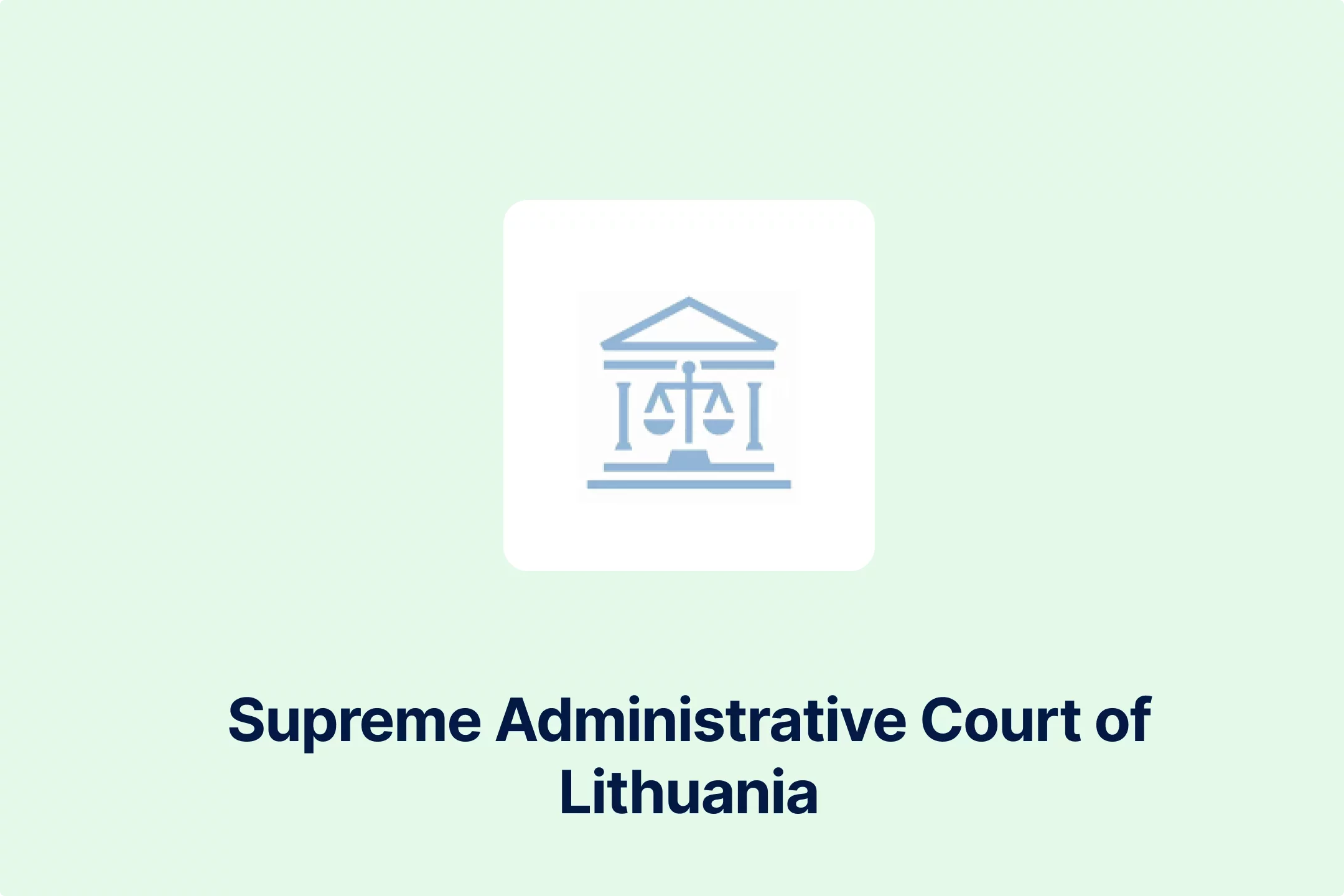
-zzrhegqsyq.webp)
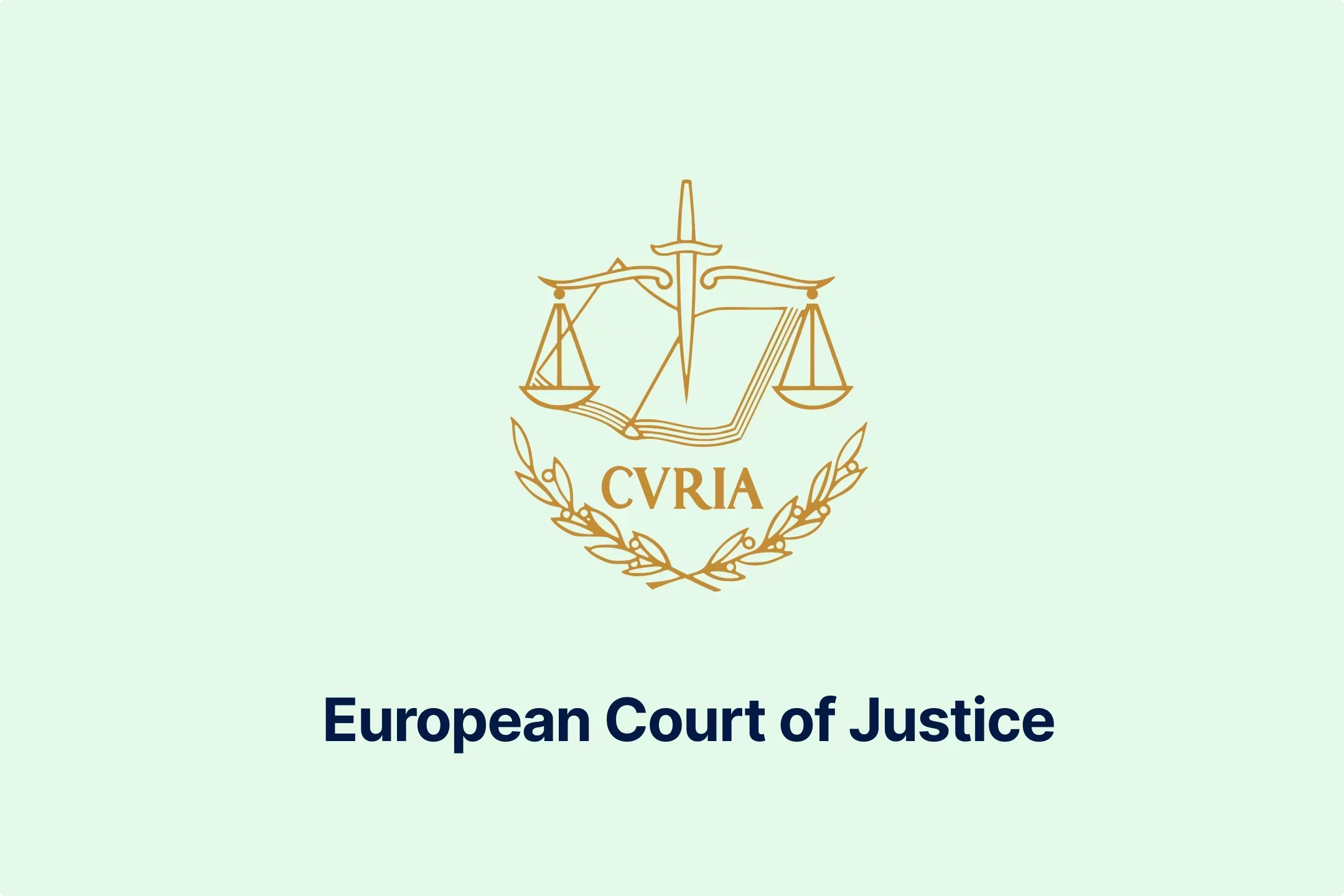
-ulcnia30z1.webp)
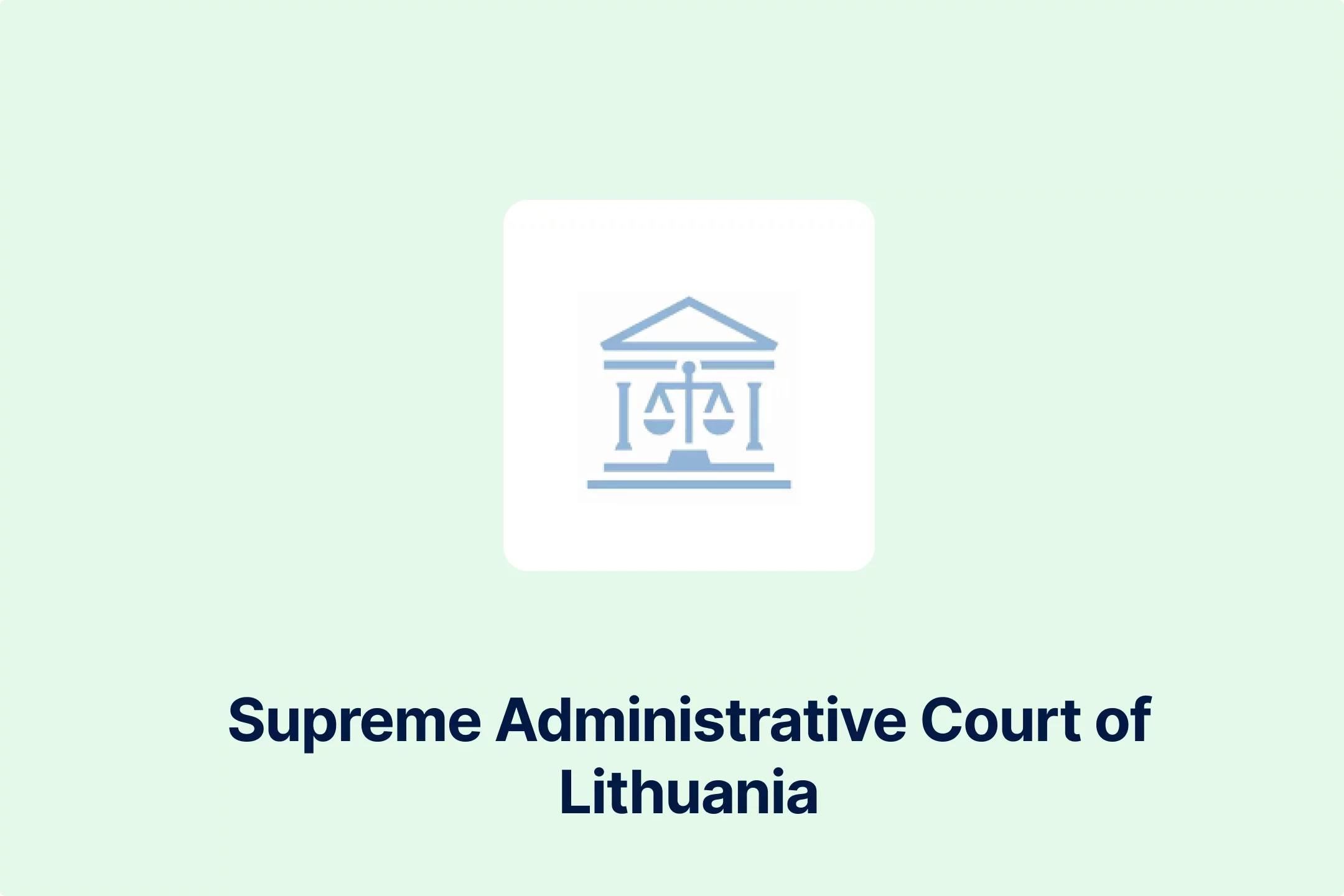
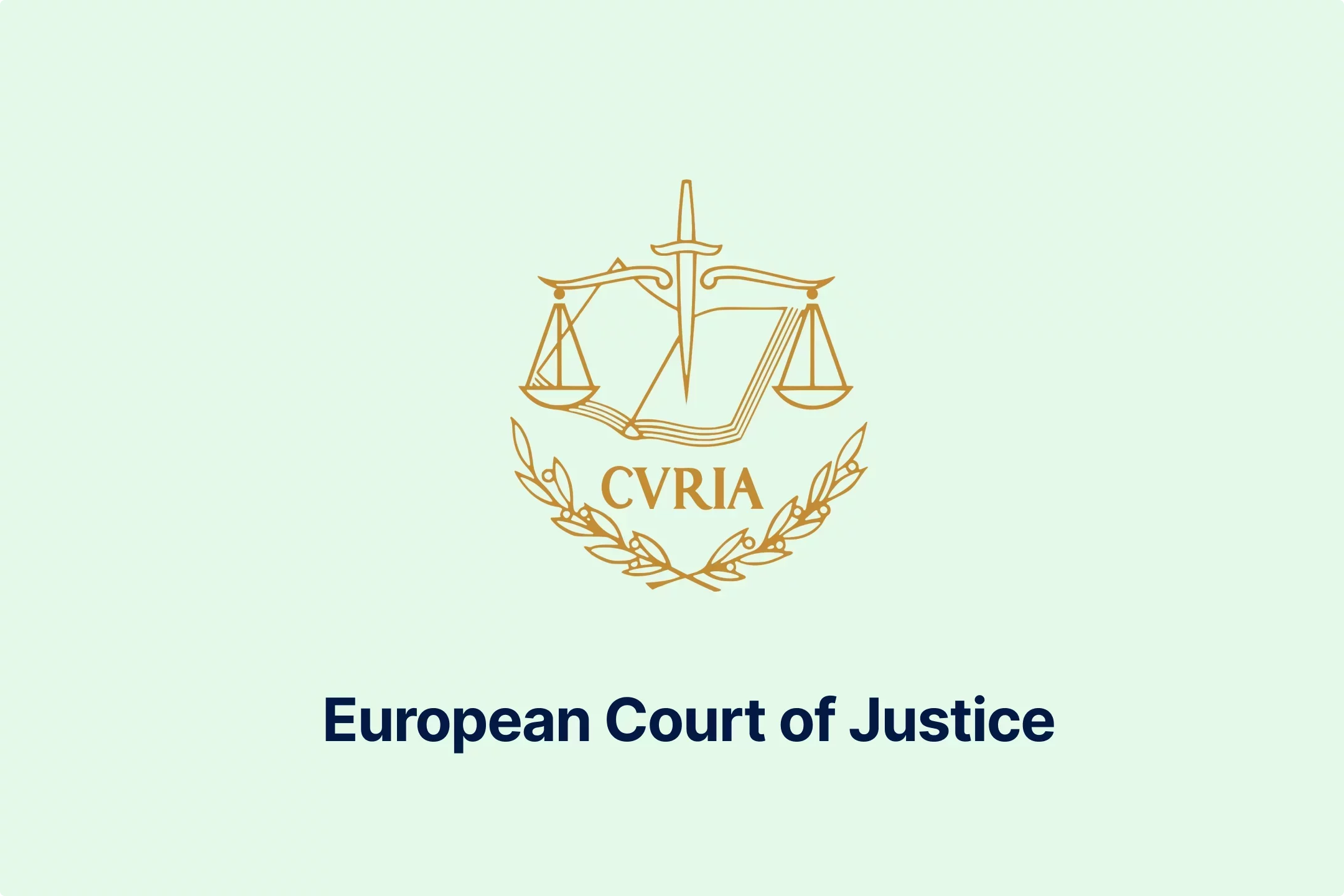
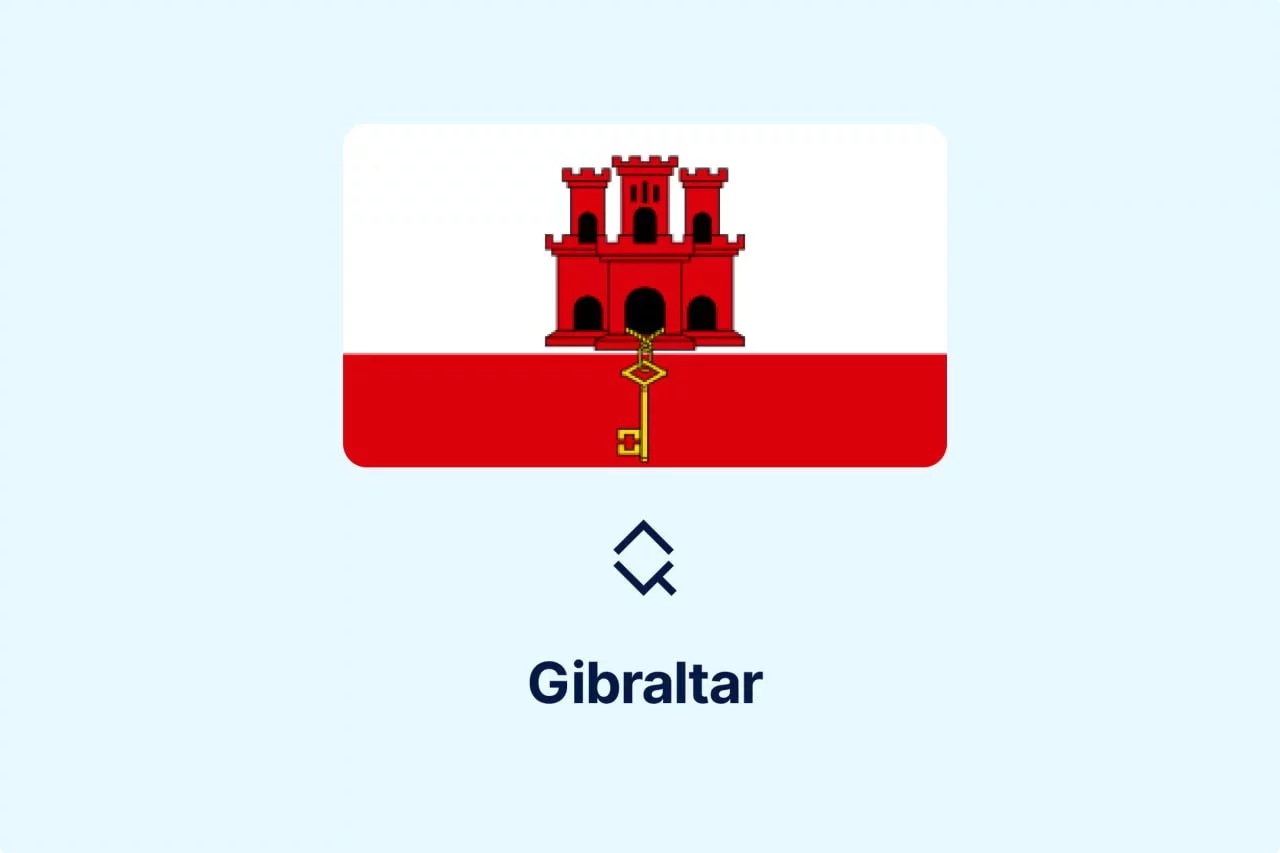
-3rcczziozt.webp)

-rvskhoqpms.webp)




-a5mkrjbira.webp)

-ivkzc1pwr4.webp)




-hssrwb5osg.webp)



-c06xa1wopr.webp)









-webajrr4ny.webp)
-evibmwdwcn.webp)
-7acdre0hop.webp)

-lcgcyghaer.webp)
-ol6mdkdowg.webp)
-aqdwtmzhkd.webp)

-njgdvdxe2u.webp)



-i6rki3jbad.webp)
-hdwgtama05.webp)

-atbhy5fyxv.webp)






-zp2n6zixoa.webp)
-oa1ynbm4sn.webp)

-lltkno6txy.webp)



-do38odrqnq.webp)

-t409oldqzt.webp)

-hordopb6xh.webp)

-ooimnrbete.webp)

-lwb5qpsily.webp)


-eumafizrhm.webp)

-mtqp3va9gb.webp)

-3ewrn1yvfa.webp)
-591j35flz2.webp)

-huj3cam1de.webp)


-hafis0ii23.webp)

-qseaw5zmcy.webp)



-qzsah2ifqx.webp)

-69rzooghib.webp)
-wrvng98m0g.webp)


-psucycuxh2.webp)
-klyo8bn5lc.webp)




-tfgg78rbid.webp)
-a6jpv9ny8v.webp)
-qhdbapy0qr.webp)

-owvu7zoc13.webp)


-h28jrh1ukm.webp)

-wl9bl1rw3a.webp)

-2w76jtvtuk.webp)

-c0uvrmrq9j.webp)



-pofe7ucwz3.webp)



-5cc23ezxyf.webp)
-rrmabbekeb.webp)







-iyyeiabtaf.webp)
-c8rbjkcs01.webp)
-nilkffjhah.webp)

-hikakq55ae.webp)

-z1d60bldtg.webp)
-d1a0q6n7mp.webp)
-viip8nvoeh.webp)
-bvv1otliox.webp)



-de8hdb1bn3.webp)

-cm0opezg73.webp)
-0tovsdupmi.webp)
-subxdamdj6.webp)


-gly6ablwnh.webp)
-gkduqhwbzh.webp)
-qpe1ld9vcj.webp)
-8noukwsmba.webp)
-aka29tuhkt.webp)


-fisvs27yrp.webp)


-mp0jakanyb.webp)

-aivzsuryuq.webp)



-o7f4ogsy06.webp)

-zjja92wdje.webp)
-hrbhdts8ry.webp)
-qtdkwpgkug.webp)


-cf8ccgah0p.webp)
-0em3cif5s6.webp)






-ptzesl0kij.webp)

-tfzv42pyms.webp)







-uodv7sfbih.webp)
-bbrdfmm9qf.webp)



-m2tl8crfqr.webp)




-1awbqjgpjs.webp)
-avbjsn1k1g.webp)


-0h8ohkx6s0.webp)



-wfmqhtc7i6.webp)
-7wljbof2zo.webp)

-eqt97uyekl.webp)
-wzw9mcf563.webp)

-z4oxr6i0zd.webp)




-fhtic1pwml.webp)

-iipdguuz9p.webp)
-nkhhwrnggm.webp)
-pltqwerr3w.webp)

-nn6mtfbneq.webp)

-tmnklelfku.webp)



-8z1msbdibu.webp)
-7g16lgggrv.webp)



-lxcwgtzitc.webp)
-9mc55kqwtx.webp)


-xla7j3cxwz.webp)
-jrdryw2eil.webp)





-t9qr49xs2u.webp)


-qjopq5jplv.webp)



-vune1zdqex.webp)

-rgjta7iwiv.webp)

-zb6bxxws47.webp)
-lyfjzw4okp.webp)

-ogpfmol5m1.png)


-czisebympl.png)

-zetvivc79v.png)
-ud7ylvkade.png)
-qizq6w2v5z.png)







-ihr6b4mpo1.webp)
-k1j4au0ph6.webp)
-swxxcatugi.webp)


-ig9tutqopw.webp)

-tauoa6ziym.webp)

-spr0wydvvg.webp)
-xfuognajem.webp)





-u2nv5luoqc.webp)








-opuxpan2iu.webp)




-kwttsfd8ow.webp)
-8u14qi10nj.webp)

-wjpr96aq5g.webp)

.png)

.png)


.png)


.png)



.png)
.png)
.png)
.png)
.png)

.png)
.png)




.png)
.png)




































































































































